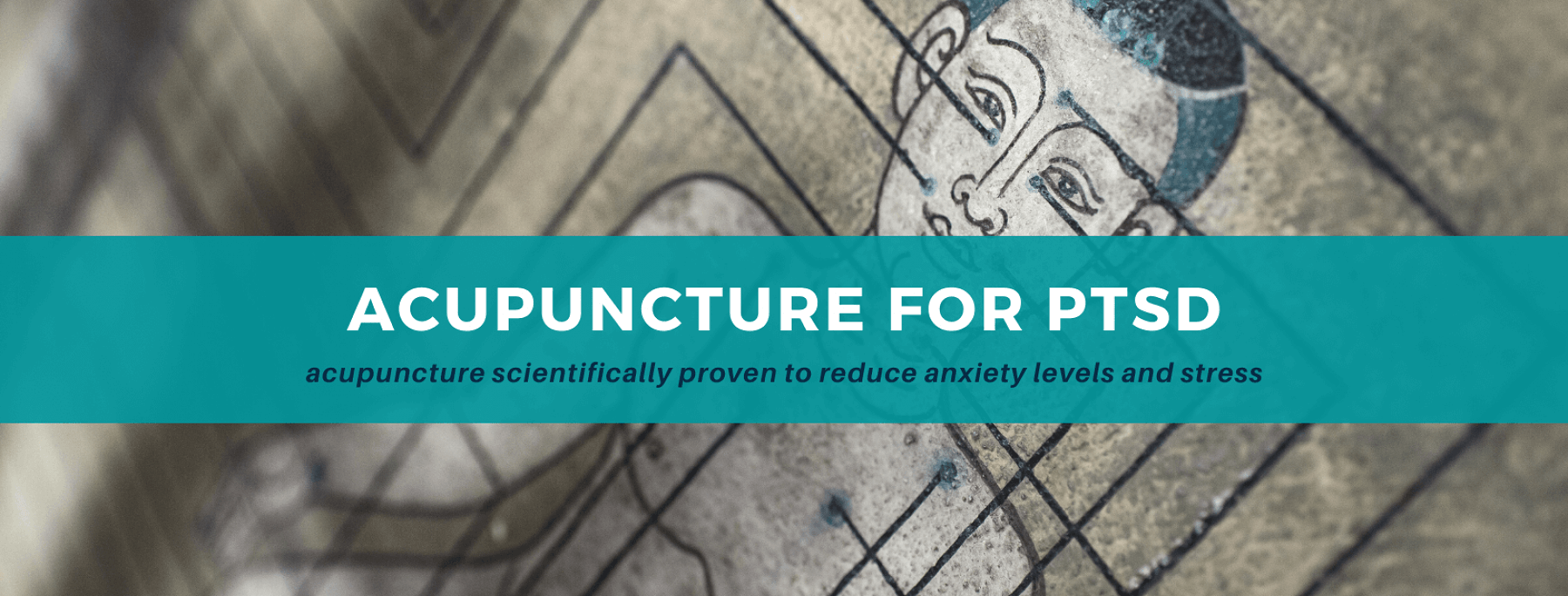Abstract
The purpose of this article is to evaluate the evidence for the efficacy of acupuncture in the treatment of posttraumatic stress disorder (PTSD) through a literature review of the current research. Since studies on the use of acupuncture for the treatment of PTSD are lacking, studies assessing acupuncture’s role in mitigating individual symptoms of PTSD, such as migraines, anxiety, depression, and insomnia, as well as the modulatory effects of acupuncture on the limbic system, were also included in the literature review.
Introduction
More than 1.5 million US military personnel have deployed to Iraq or Afghanistan since the start of military operations in 2001.1 Approximately 300,000 Iraq and Afghanistan war veterans suffer from PTSD or major depression, and about 320,000 may have experienced at least a mild concussion or brain injury in combat, according to the RAND Corporation study titled The Invisible Wounds of War.2 According to the study, the baseline prediction of 2-year post-deployment PTSD treatment costs for a typical service member returning from Iraq or Afghanistan (an E-5 with 5 to 7 years of service) range from $5,635 to $13,935. One-year post-deployment treatment costs range from $27,259 to $32,759 for mild traumatic brain injury (TBI), and 1-year post-deployment treatment costs range from $268,902 to $408,519 for moderate or severe TBI.
The Diagnostic and Statistical Manual of Mental Disorders (DSM-IV-TR) classifies PTSD as an anxiety disorder that includes 3 main symptoms: re-experiencing, avoidance, and hyperarousal.3 Symptoms of re-experiencing include recurrent and intrusive distressing recollections of the event, including images, thoughts, or perceptions; having recurrent distressing dreams of the event; acting or feeling as if the traumatic event were recurring (includes a sense of reliving the experience, illusions, hallucinations, and dissociative flashback episodes, including those that occur on awakening or when intoxicated); having intense psychological distress at exposure to internal or external cues that symbolize or resemble an aspect of the traumatic event; and having physiological reactivity on exposure to internal or external cues that symbolize or resemble an aspect of the trauma. Symptoms of avoidance include persistent efforts to avoid thoughts, activities, places, people, feelings, or conversations associated with the trauma; inability to recall an important aspect of the trauma; markedly diminished interest or participation in significant activities; feelings of detachment or estrangement from others; and feelings of “numbness” on the inside (eg, inability to have loving feelings). Symptoms of hyperarousal include difficulty falling or staying asleep, irritability with outbursts of anger, difficulty concentrating, exaggerated startle responses, and symptoms of hypervigilance.
PTSD is complex to treat due to the similar symptomatology it shares with TBI. Among individuals with PTSD, the most common comorbidities are with depression, substance use, and other anxiety disorders.4 TBI has been associated with increased risk of psychiatric disorders—specifically anxiety, depressive disorders, and substance use.5 Additionally, PTSD was strongly associated with mild TBI in a study published in 2008 in the New England Journal of Medicine by Hoge et al.6 Overall, 43.9% of soldiers who reported loss of consciousness met the criteria for PTSD, as compared with 27.3% of those with altered mental status, 16.2% of those with other injuries, and 9.1% of those with no injuries.
With the complexities in the treatment of PTSD, the Pentagon is seeking new ways to treat troops suffering from combat stress or brain damage by researching such alternative methods as acupuncture, meditation, yoga, and the use of animals as therapy. In 2008, the Pentagon spent $5 million to study these therapies.
Click Here to Continue Reading

Garth Reynolds, MSTCM, L.Ac.
Licensed Acupuncturist and Clinical Herbalist | Schedule Your Appointment
Martial Arts Instructors with Bagua Internal Arts | Local & Online Classes Weekly
#Acupuncture #PTSD #Anxiety #Stress #AcupunctureBenefits


